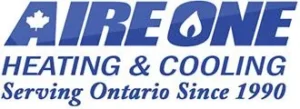Heat Pumps and Home Value: How They Impact Property Resale
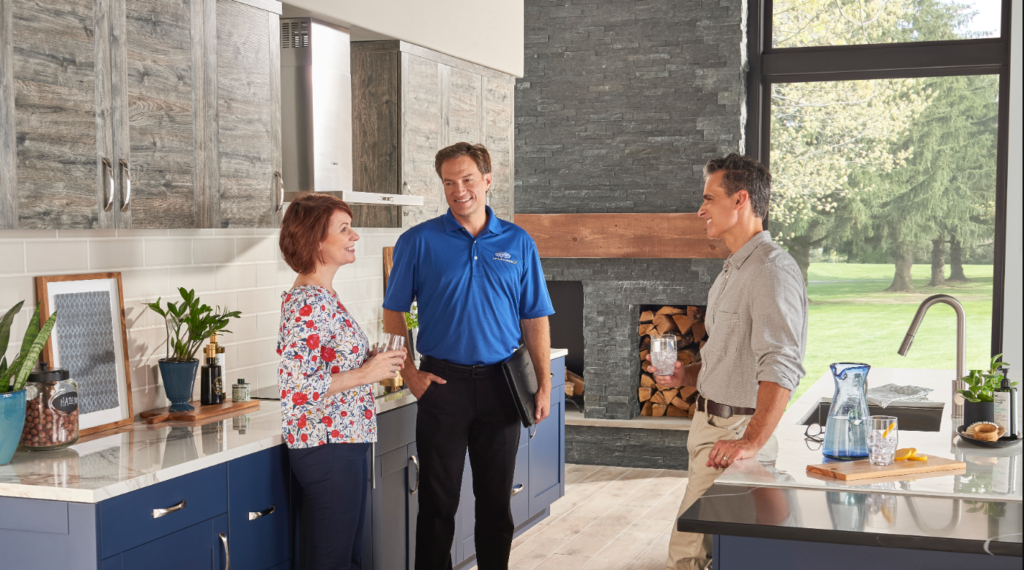
Property value is one of the most important consideration for home buyers and sellers when it comes to buying or selling a home. As homeowners look for ways to improve their homes’ appeal and increase their investment value, energy-efficient and eco-friendly solutions are on the rise. In this Aire One Peel blog we take a […]
The Importance of Annual Duct Cleaning Service
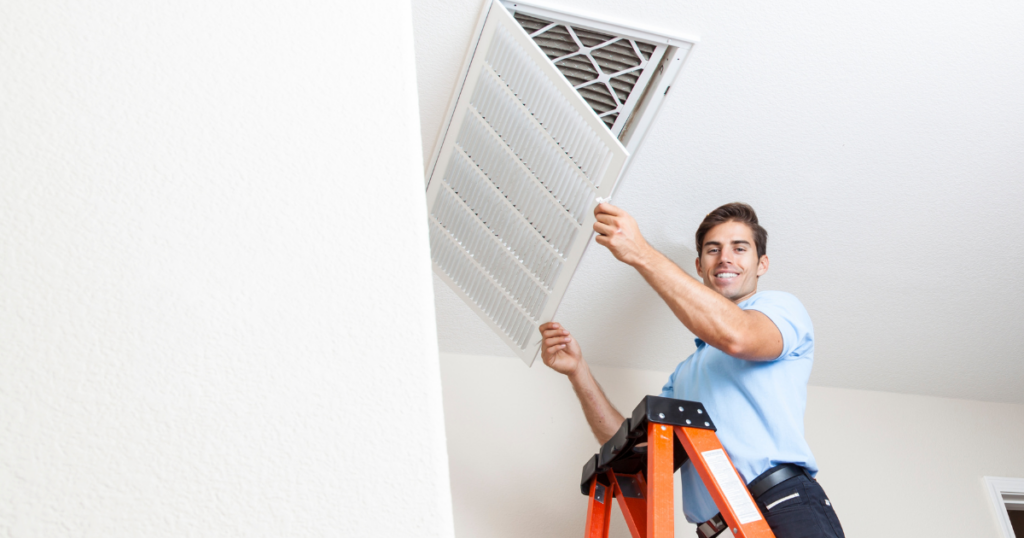
Maintaining clean and healthy indoor air quality is crucial for the comfort and well-being of your home or office. While many homeowners prioritize regular HVAC maintenance, they often overlook the importance of duct cleaning. Neglected ducts can accumulate dust, allergens, and other contaminants over time, leading to compromised air quality and reduced system efficiency. In […]
Key Questions to Ask an Air Conditioner Contractor
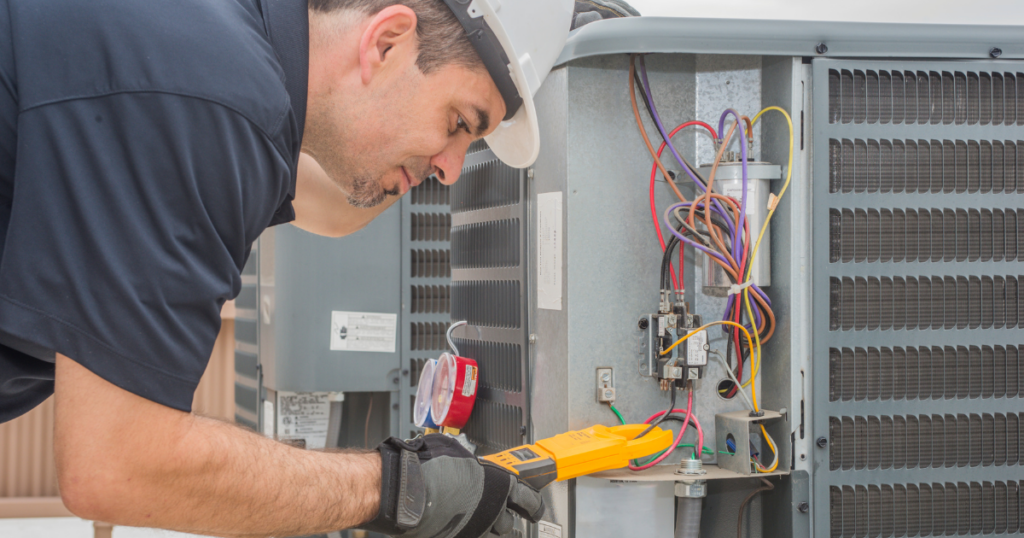
The person you hire to repair or maintain your air conditioning unit can make a big difference in the performance, efficiency, and longevity of your A/C system. It becomes that much more crucial to ask the right questions while hiring to ensure you do find yourself a good reliable and skilled professional. In this blog […]
Benefits of Hiring a Professional for Your Air Conditioning Repair
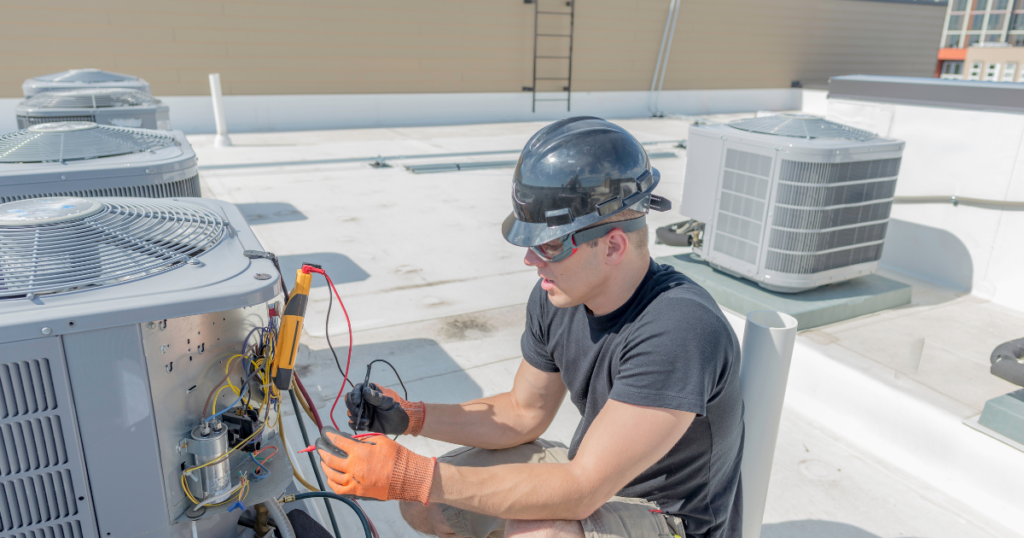
It can be particularly frustrating when your air conditioning system begins to malfunction or break down, especially during the hot summer months. Although you might be tempted to try and repair them yourself to save some costs, it is important to take into account some of the dangers and disadvantages of attempting a DIY repair. […]
Debunking Common Misconceptions About Air Conditioners
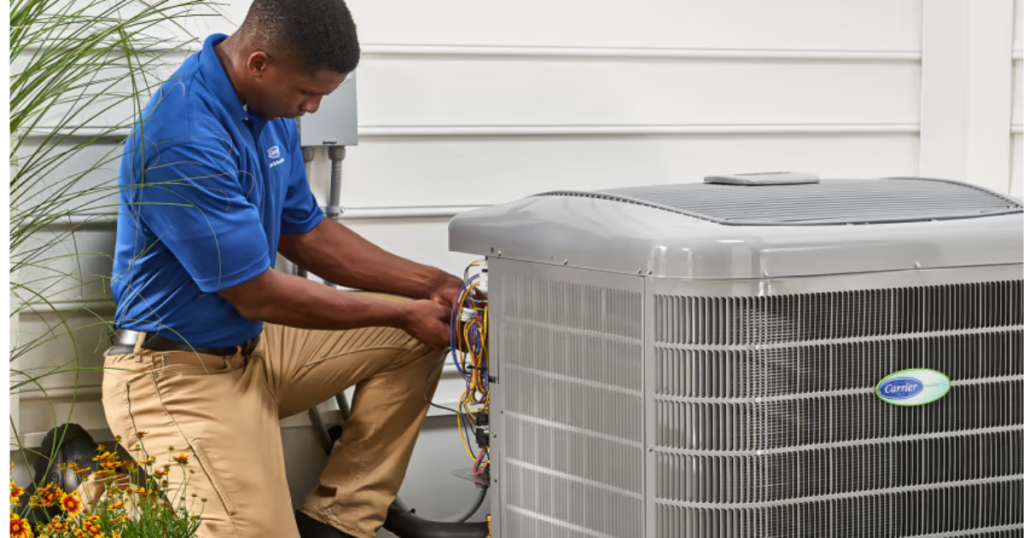
During summer months, air conditioners are incredibly helpful in keeping us cool and comfortable. A number of misconceptions about these cooling systems exist that can lead to inefficiencies, misunderstandings, and unnecessary expenses. In this blog post, we will debunk some of the most common myths about air conditioning, providing you with accurate information on how […]
Understanding Different Types of Air Conditioners: Pros and Cons

Air conditioners play a crucial role in maintaining a cool and comfortable environment in our homes during the hot summer months. It can be tough to decide which kind of air conditioning system is best for you, though, because there are so many different varieties. In this blog post, we will explore the various types […]
How to Size Your Air Conditioner Correctly for Optimal Cooling
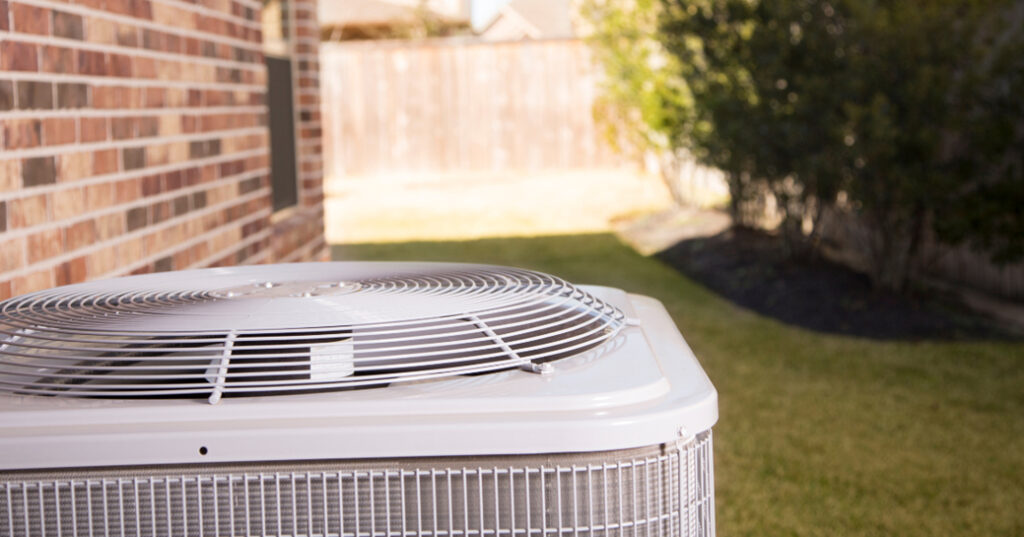
Selecting a properly sized air conditioner is key to successfully cooling your home efficiently and effectively. Many homeowners incorrectly assume that a larger air conditioner will offer superior cooling, but that is not always true. On the other hand, oversized units result in a higher energy bill, uncomfortable temperature swings and accelerated system wear. Conversely, […]
HVAC System Sizing: Why It’s Important and How to Do It Right

Proper sizing is one of the key things that ensure that your HVAC system is working efficiently and effectively. What is HVAC system sizing? We have this huge process of taking in taking into account the unique features of the building and what the elements are and what the needs are of the system. In […]
Understanding the Impact of Air Quality on Your Health

The air we breathe is one of the most important aspects of our health. We tend to take the air we breathe often be overlooked, yet the quality of the air we breathe can affect our bodies — in the short term as well as the long term. In this blog, we will delve into […]
HVAC Energy Efficiency: Everything You Need to Know
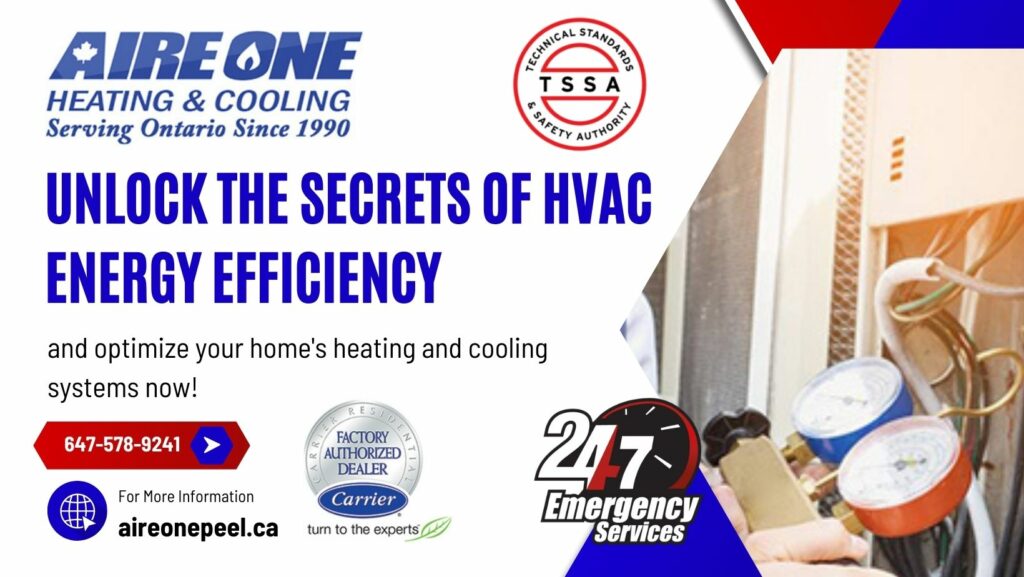
Heating, ventilation, and air conditioning (HVAC) systems are essential for maintaining comfortable indoor temperatures, but they can also be a significant source of energy consumption. HVAC systems account for a significant portion of the total energy use in homes and commercial buildings. Improving the energy efficiency of your HVAC system can save you money on […]
